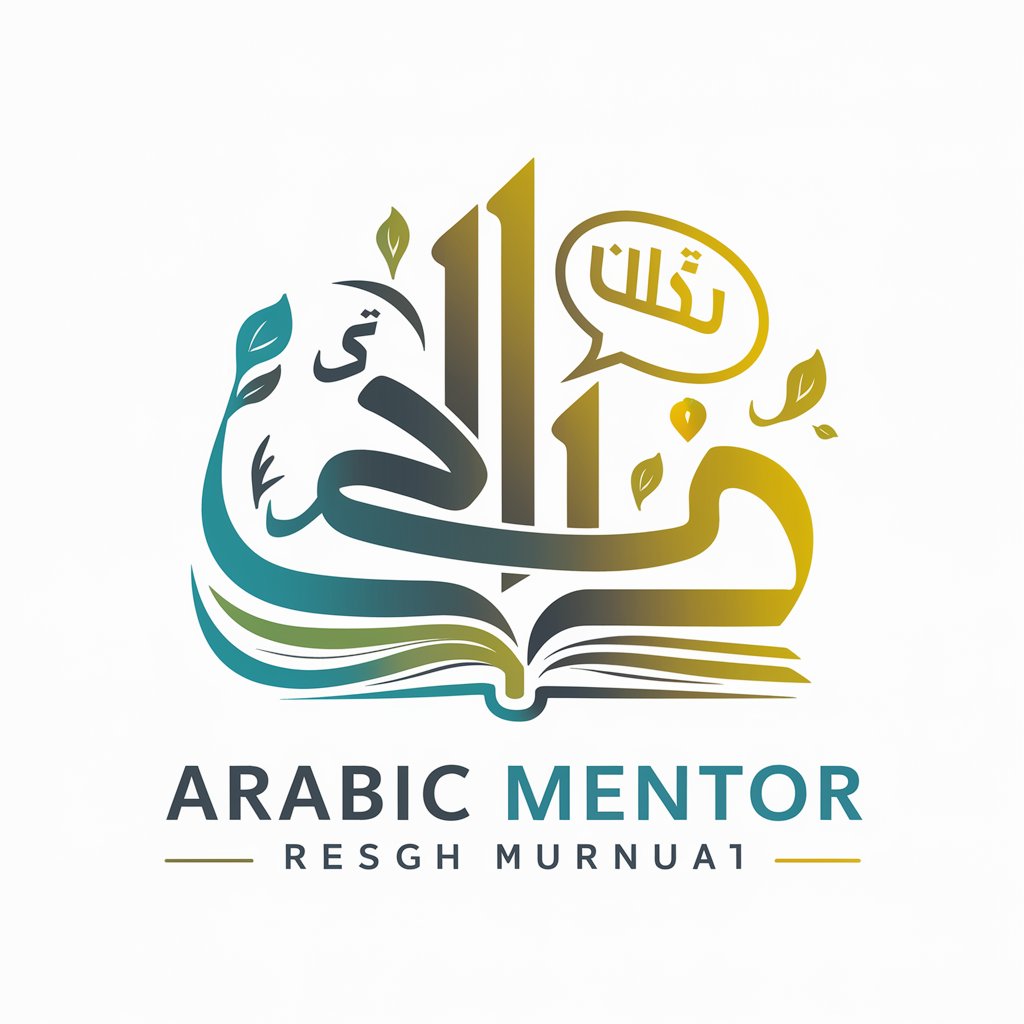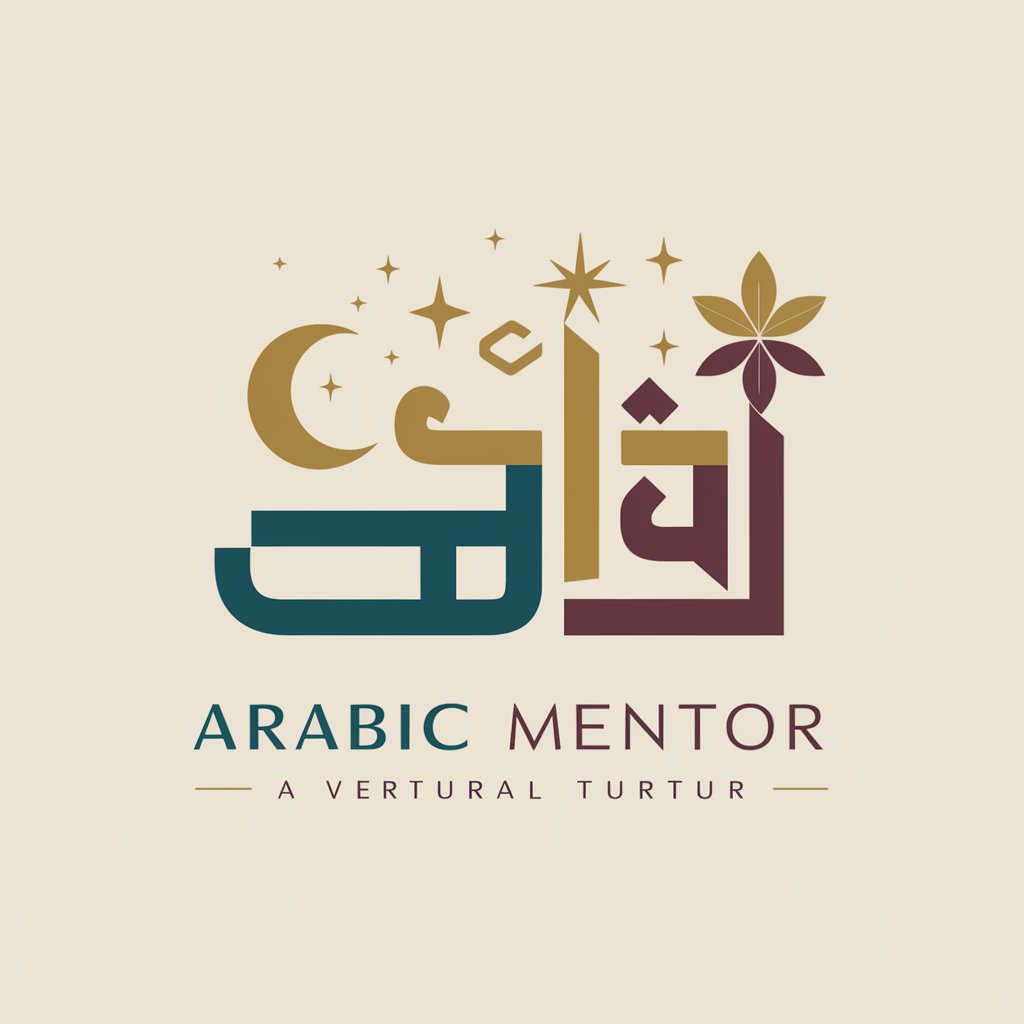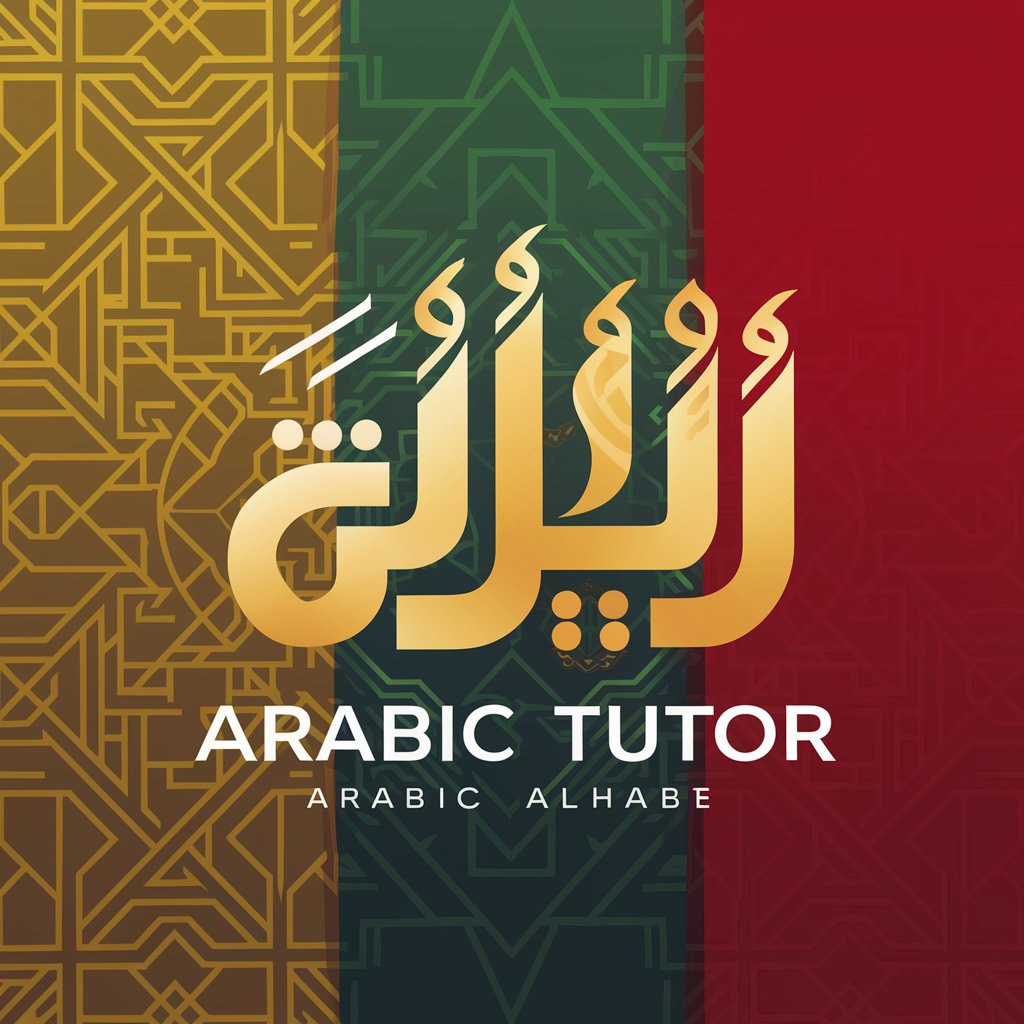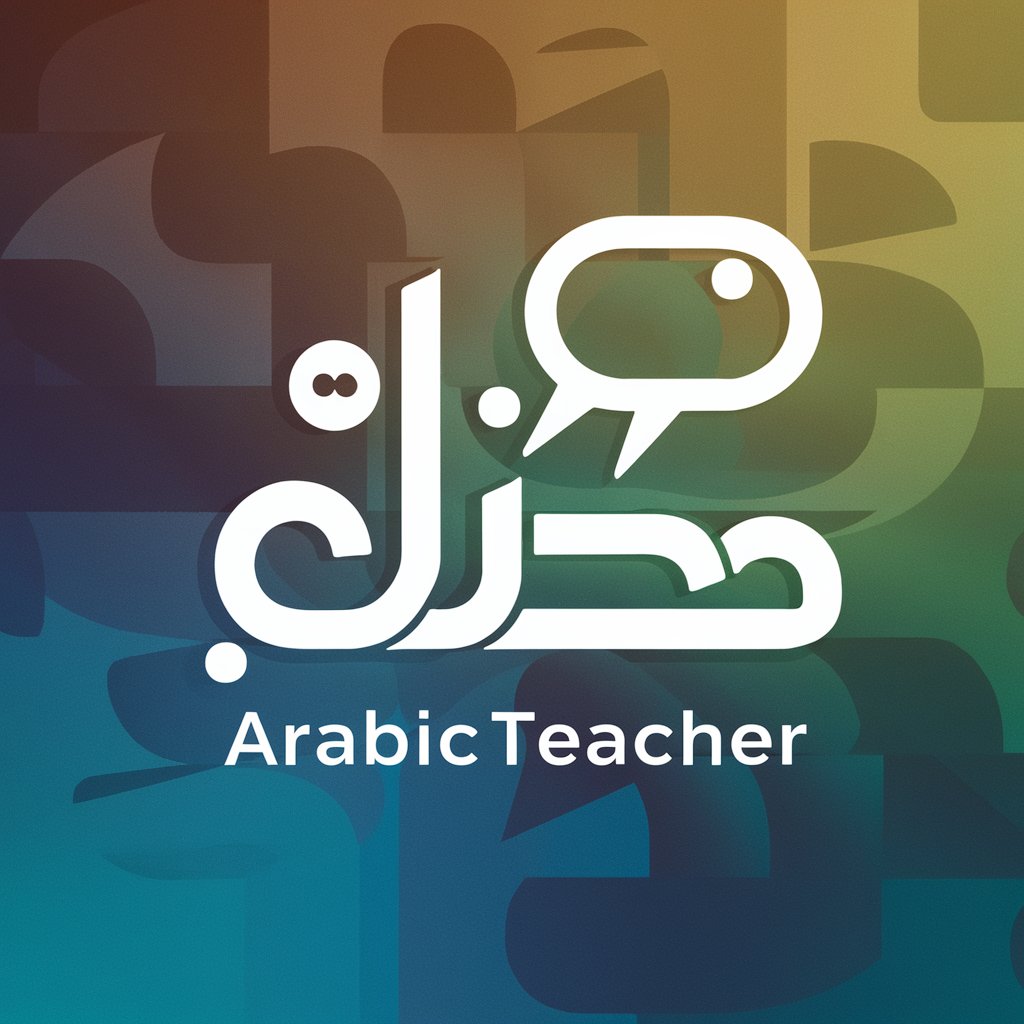
Arabic-Tutor - Interactive Arabic Lessons

Marhaba! Let's start learning Arabic together.
Learn Arabic with AI-driven Stories
Let's explore Arabic vocabulary through a fun story.
Today, we'll learn how to greet someone in Arabic.
Discover the beauty of Arabic calligraphy with a simple word.
Join me in practicing Arabic pronunciation with everyday phrases.
Get Embed Code
Introduction to Arabic-Tutor
Arabic-Tutor is designed as a storytelling-based language learning tool for English speakers venturing into the world of Arabic. By utilizing the narrative 'I Love My Mommy', it aims to provide an immersive, comprehensive experience in learning Arabic. This includes teaching vocabulary, grammar, and pronunciation in a way that's engaging and accessible. For example, the story's simple phrases like 'أُحِبُّ أُمِّي' (I love my mommy) serve as a foundational learning tool, demonstrating the use of verbs, pronouns, and family terms in context. Powered by ChatGPT-4o。

Main Functions of Arabic-Tutor
Vocabulary Acquisition
Example
Learners are introduced to new words within the context of a story, like 'أُمِّي' (my mommy), 'حَديقَة' (park), and 'حَلْوَى' (cake), making it easier to remember and apply.
Scenario
A beginner student uses the story to learn and memorize new vocabulary related to daily activities and family relationships.
Grammar and Sentence Structure
Example
The tutor breaks down sentences from the story, such as 'لأنها تقرأ لي قصص قبل أن أنام' (Because she reads to me stories before I sleep), illustrating the structure and use of conjunctions, pronouns, and verb tenses.
Scenario
A student learns how to construct sentences expressing reasons or causes, applying this knowledge to form new sentences about personal experiences.
Pronunciation Practice
Example
Through auditory examples from the story and pronunciation tips, learners practice the sounds unique to Arabic, such as the 'خ' in 'تخبز' (she bakes).
Scenario
An English speaker practices the pronunciation of Arabic letters and words, using the story's audio to improve their accent and fluency.
Cultural Insights
Example
The story offers glimpses into Arabic culture, such as the value placed on family and the common practice of storytelling, enriching the learning experience.
Scenario
A learner gains understanding of Arabic-speaking cultures' family dynamics and social practices through the story's themes and contexts.
Ideal Users of Arabic-Tutor Services
Beginner Arabic Learners
Individuals starting from scratch or with minimal exposure to Arabic. They benefit from the simplified, context-rich learning approach that integrates basic vocabulary and grammar into compelling narratives.
Intermediate Learners Seeking Contextual Practice
Those with foundational knowledge of Arabic looking to enhance their comprehension and fluency through engaging, narrative-based content.
Learners Interested in Arabic Culture
Individuals fascinated by Arabic-speaking countries' cultures, customs, and traditions. The storytelling approach offers cultural insights alongside language learning.
Educators and Parents
Teachers and parents seeking accessible resources to introduce children or students to Arabic in an enjoyable, effective manner.

How to Use Arabic-Tutor
Step 1
Visit yeschat.ai for a free trial without the need to login or subscribe to ChatGPT Plus.
Step 2
Choose the Arabic learning module tailored to your current level, whether beginner, intermediate, or advanced.
Step 3
Engage with interactive stories, like 'I Love My Mommy', to learn vocabulary and grammar in context.
Step 4
Utilize the built-in pronunciation guide to practice speaking and improve your Arabic pronunciation.
Step 5
Regularly review lessons and utilize the practice exercises provided to reinforce the learning materials.
Try other advanced and practical GPTs
Futuro Sabor
Empowering Longevity Through AI-Crafted Nutrition

Anya
Empowering conversations, inspired by AI

WWHSS
AI-powered biblical wisdom at your fingertips.

Bible Project Content Conversations
Deepen Your Biblical Understanding with AI
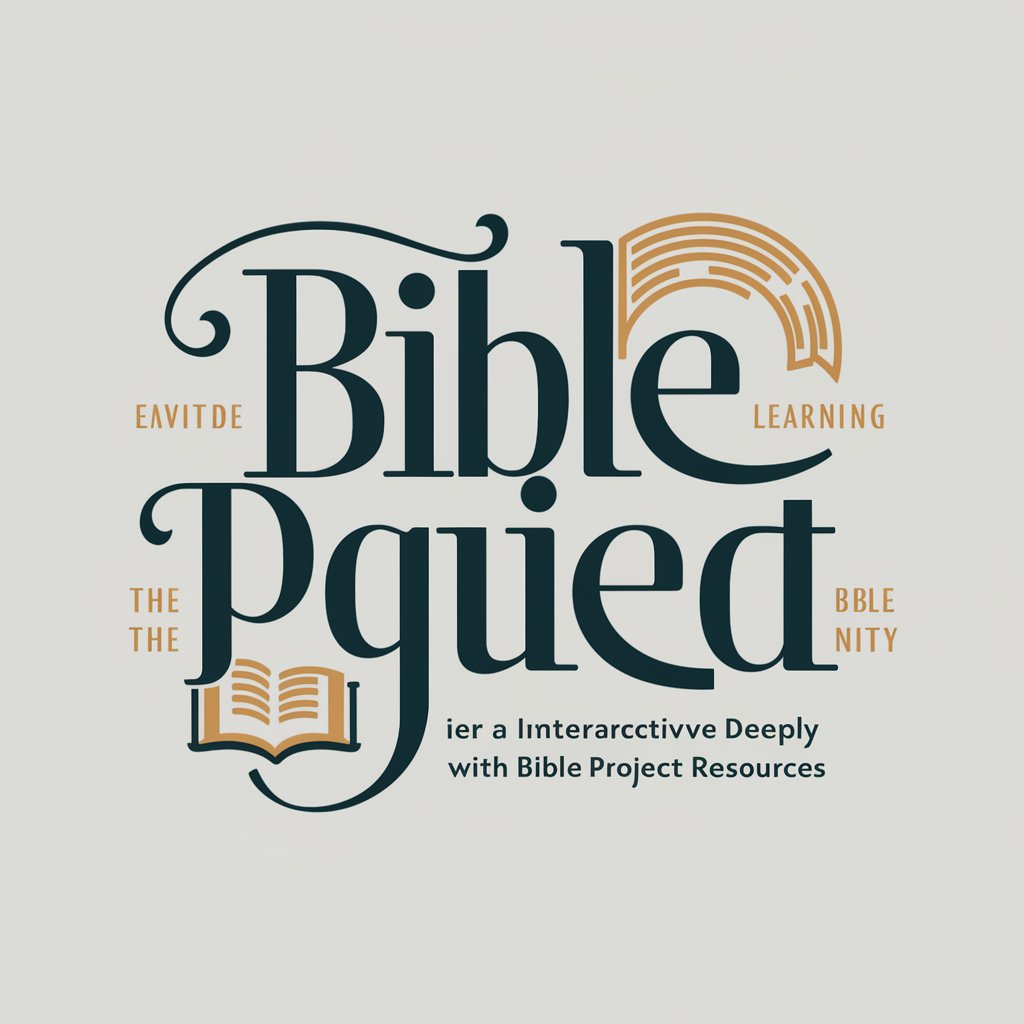
AI&Bible Project King James Version
Explore the Bible with AI-enhanced insights
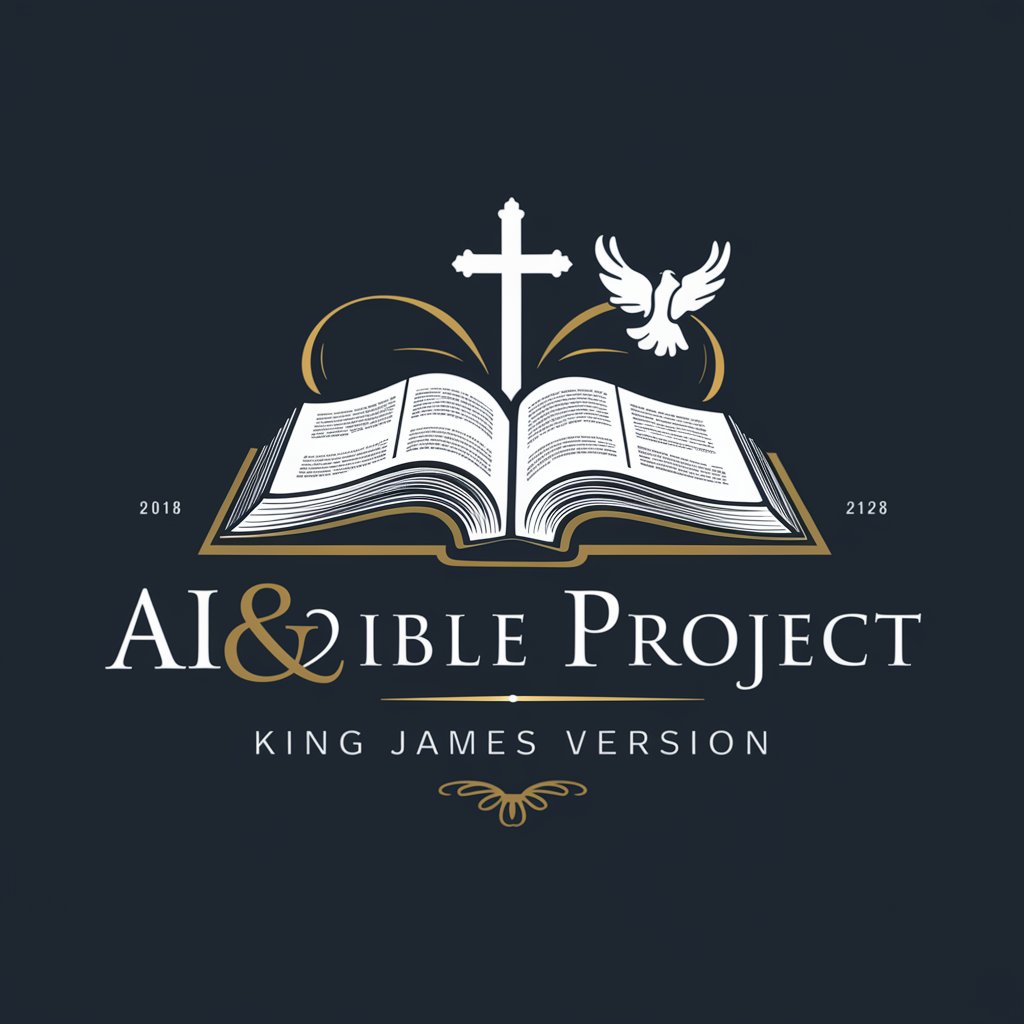
Roast My Website
Laugh Your Way to a Better Website

Arabic Tutor
Empower your Arabic journey with AI assistance.
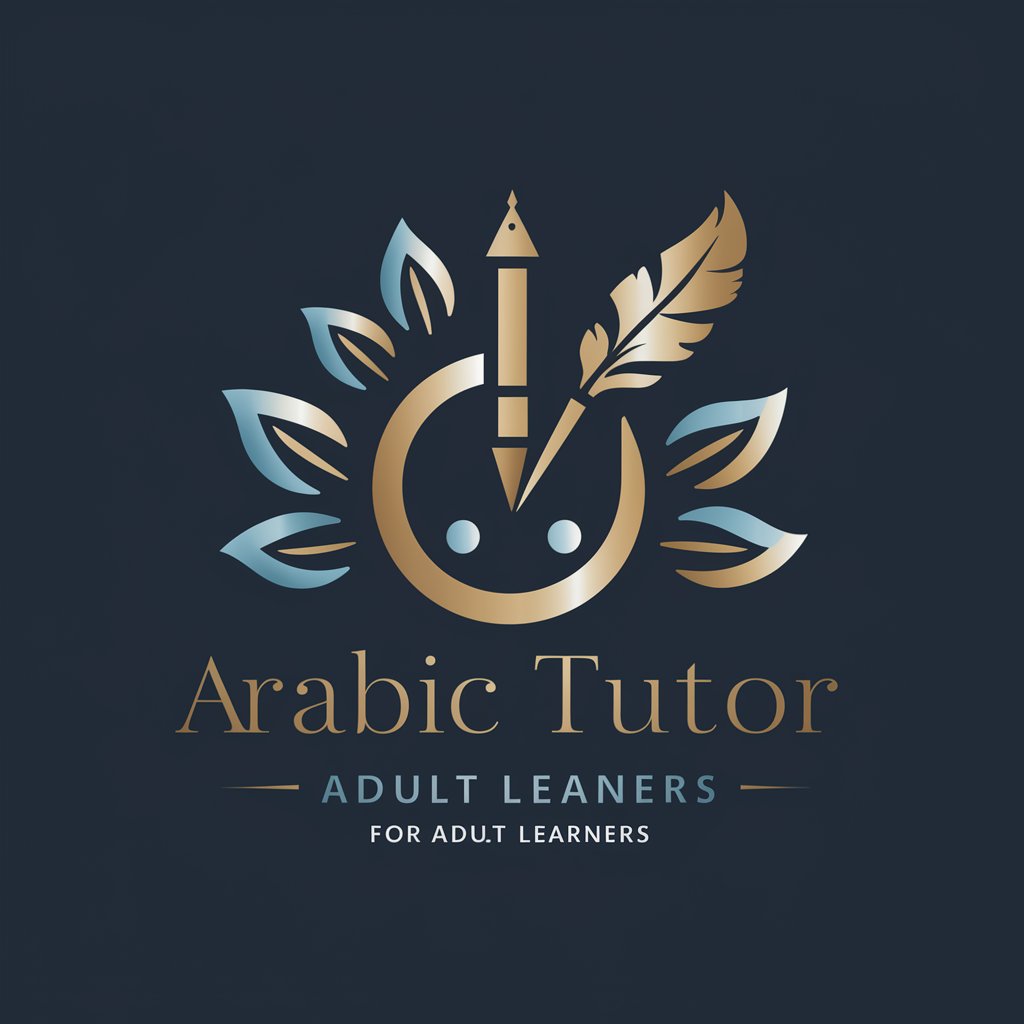
Arabic Tutor
Master Arabic with AI-powered guidance.

Levantine Arabic Tutor
AI-powered Levantine Arabic Mastery
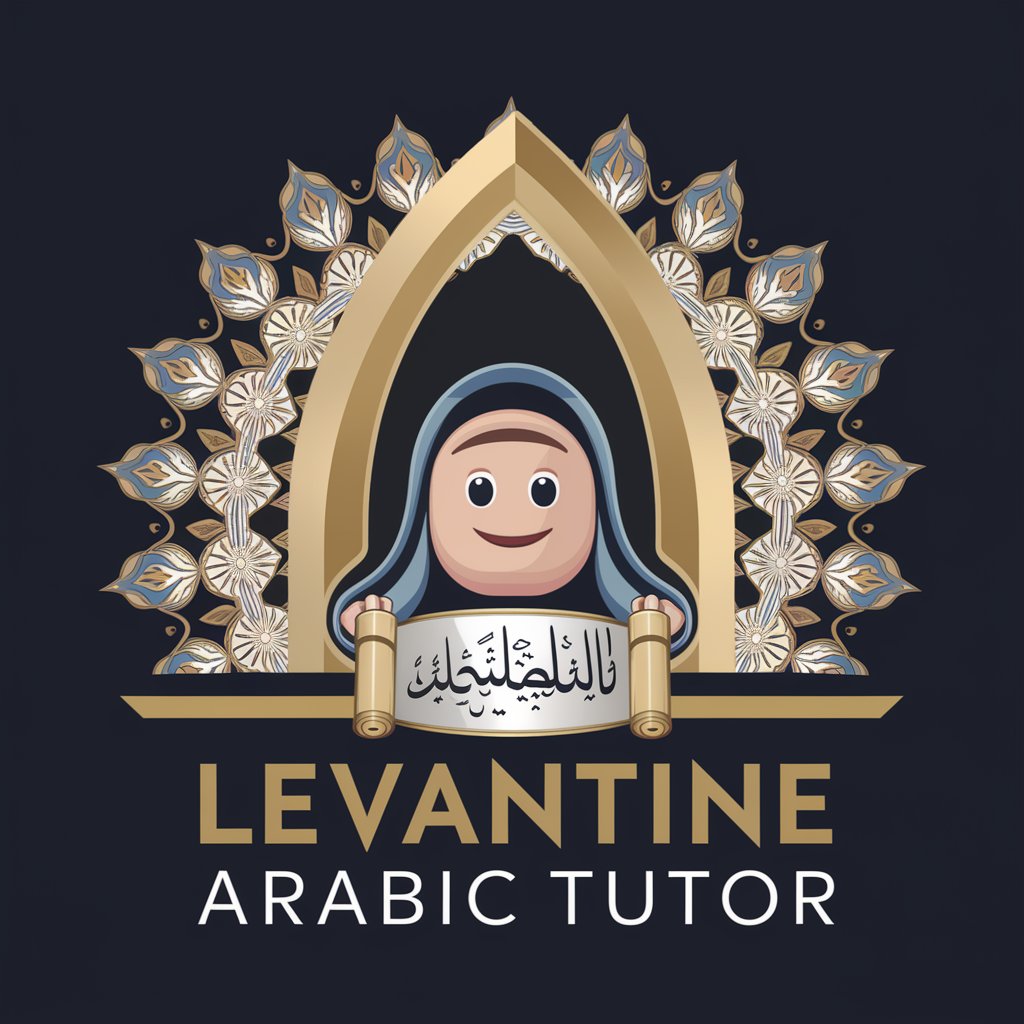
Egyptian Arabic Tutor
Master Egyptian Arabic with AI
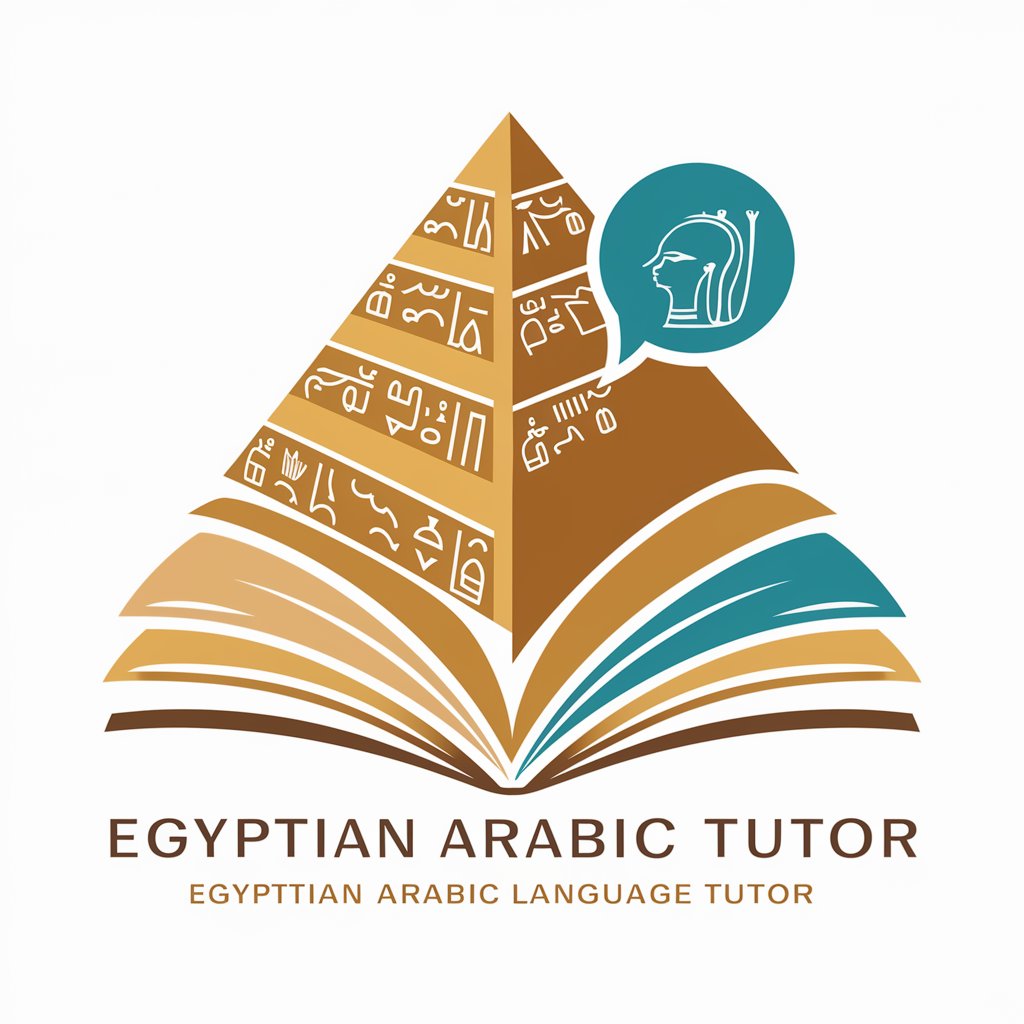
Egyptian Arabic Tutor
Master Egyptian Arabic with AI-powered guidance.
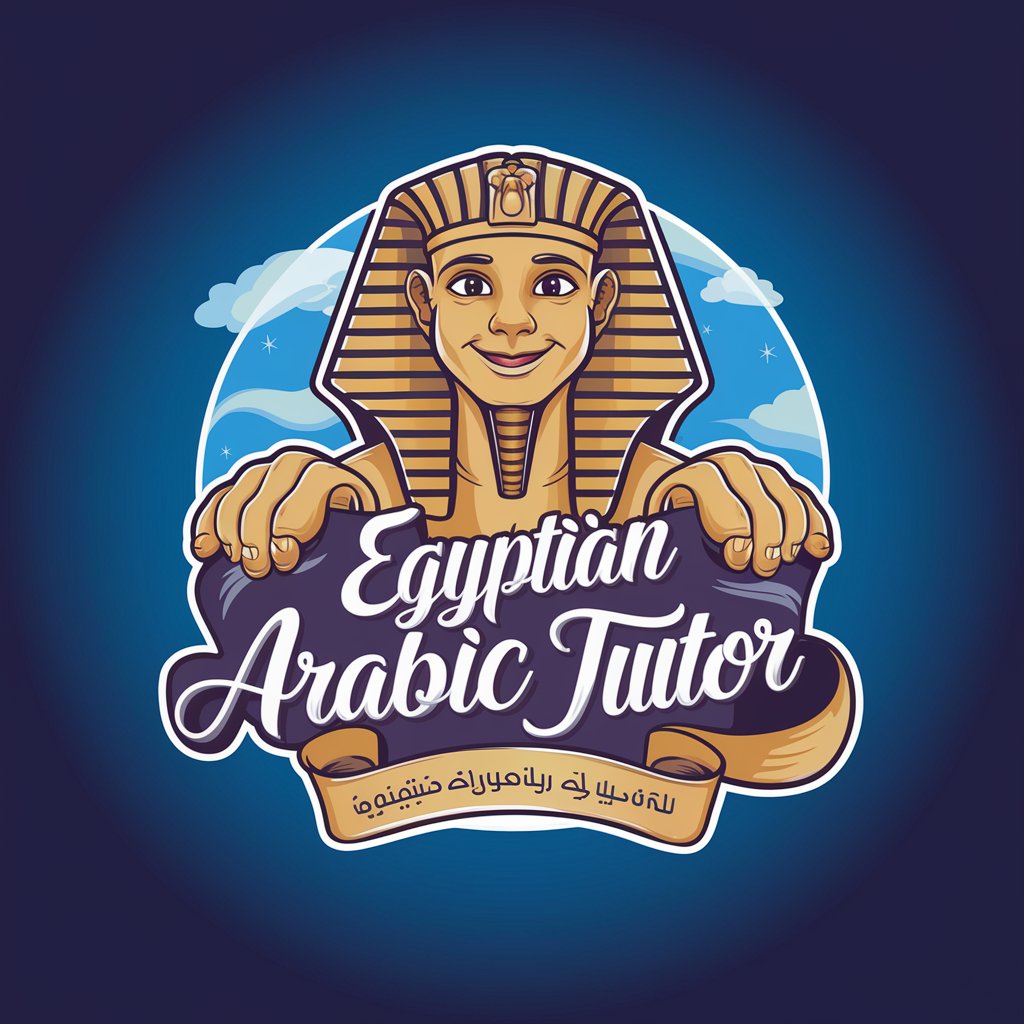
Arabic Tutor
Empowering your Arabic journey with AI
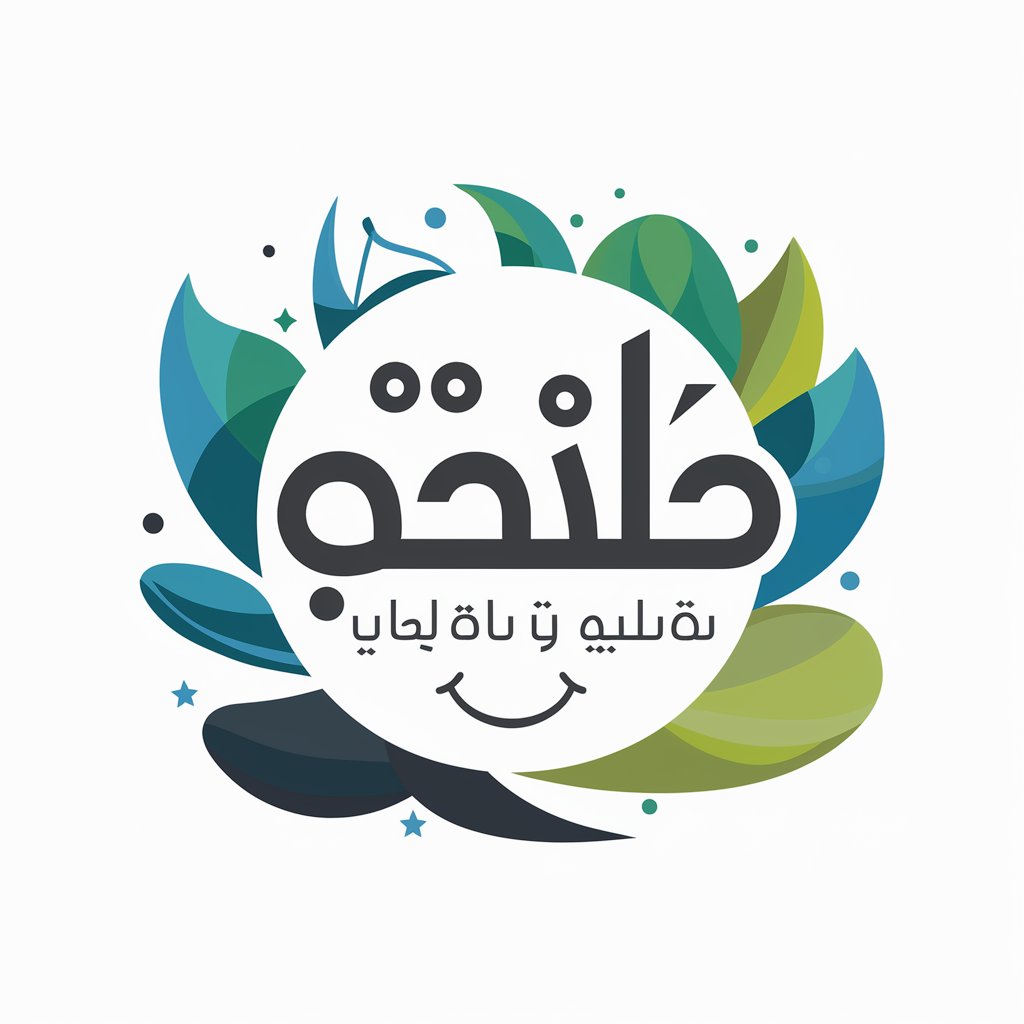
Frequently Asked Questions About Arabic-Tutor
What is the main educational approach of Arabic-Tutor?
Arabic-Tutor uses a storytelling approach, integrating vocabulary and grammar lessons into engaging stories to enhance learning and retention.
Can beginners use Arabic-Tutor effectively?
Yes, Arabic-Tutor is designed for learners at all levels, including beginners, with modules specifically tailored to introduce and gradually build upon basic Arabic language skills.
Are there any interactive elements in Arabic-Tutor?
Yes, Arabic-Tutor includes interactive story-based lessons where users can actively participate by making choices that affect the story's outcome, thereby practicing language use in simulated real-life scenarios.
How often should I practice with Arabic-Tutor to see improvement?
Regular practice is recommended. Engaging with the lessons daily or several times a week can lead to noticeable improvements in understanding and using Arabic.
What makes Arabic-Tutor different from other language learning apps?
Unlike many traditional language learning apps that focus on rote memorization of vocabulary, Arabic-Tutor emphasizes learning through context and real-life interactions, making it more practical and engaging.
